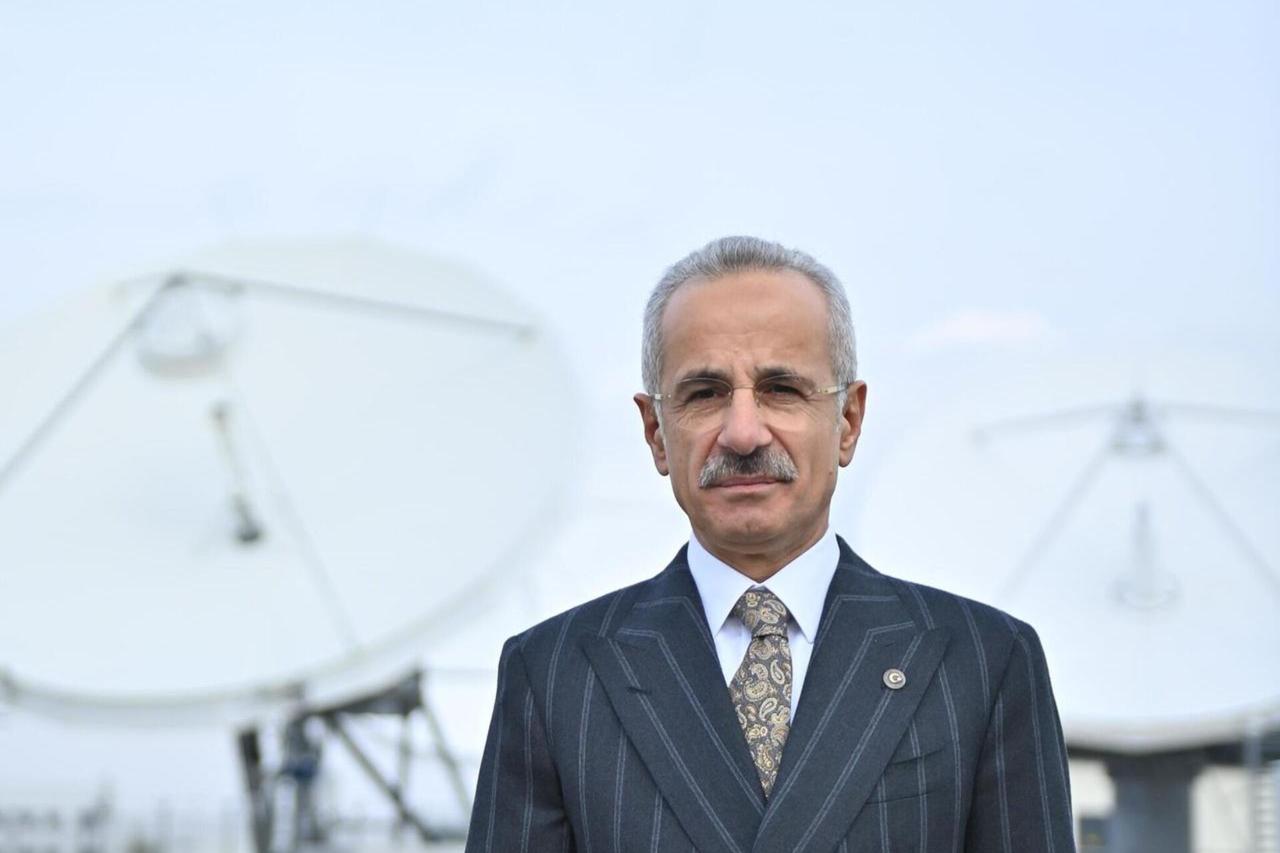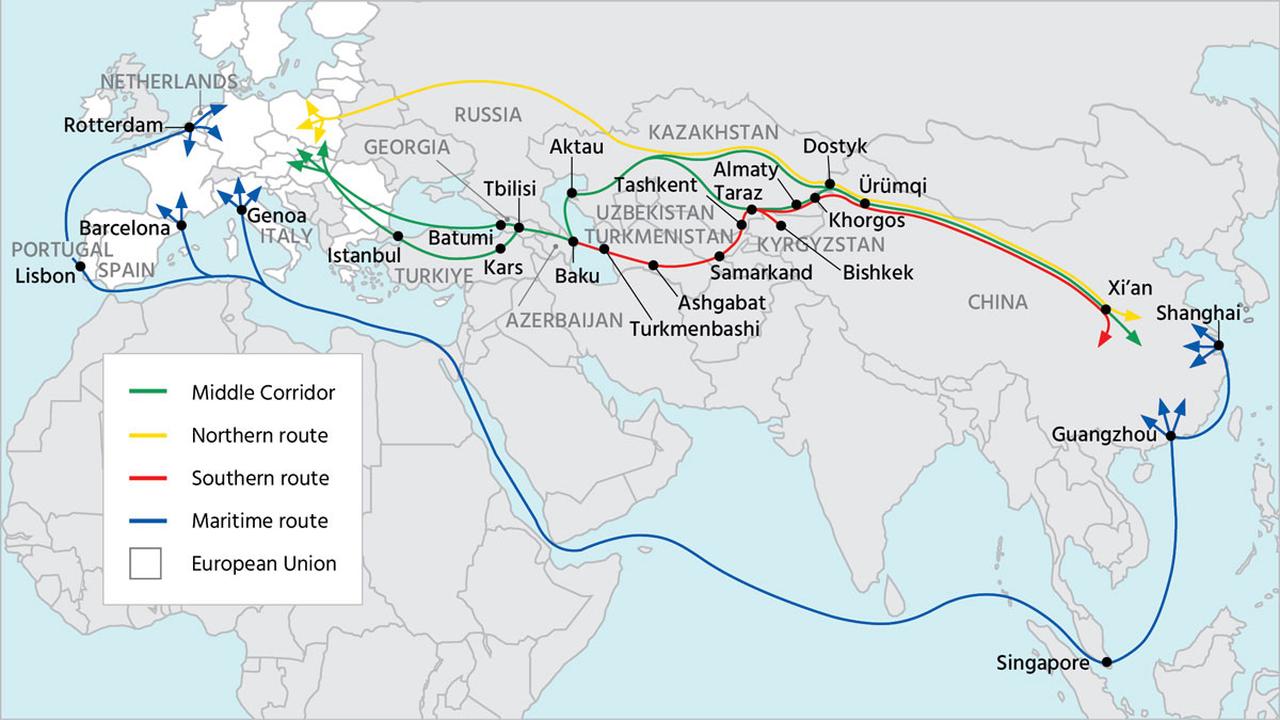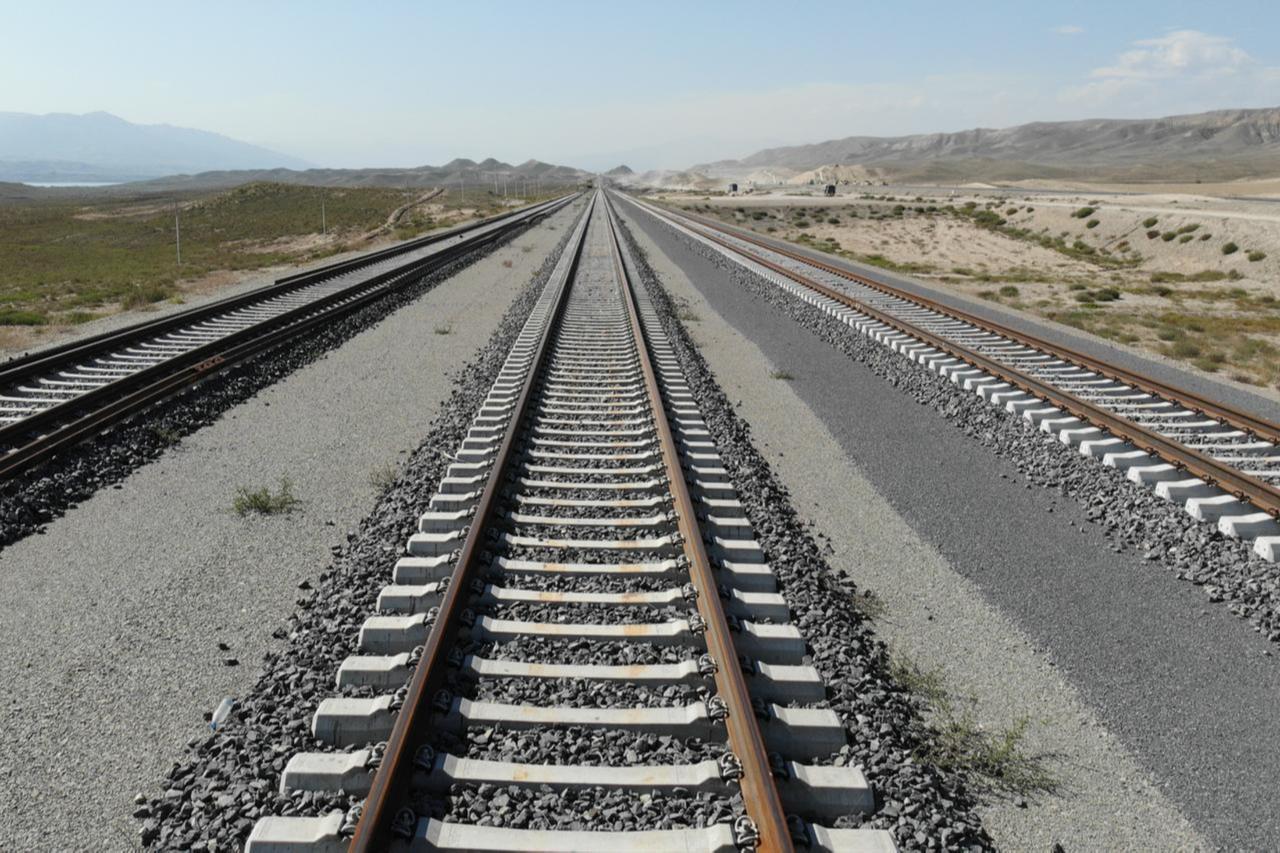
Türkiye’s Minister of Transport and Infrastructure, Abdulkadir Uraloglu, delivered Türkiye’s National Statement at the Third United Nations Conference on Landlocked Developing Countries (LLDCs) in Turkmenistan, highlighting the strategic importance of the Middle Corridor in supporting sustainable development for landlocked nations.
Uraloglu emphasized that leveraging the Middle Corridor—a transport route stretching from China through Central Asia and the Caucasus to Europe—would offer landlocked developing countries (LLDCs) a reliable, fast, and secure connection to global markets, helping overcome geographic disadvantages.
“Effective use of the Middle Corridor will make a significant contribution to the sustainable development efforts of landlocked developing countries,” Uraloglu said.
Addressing a wide array of global challenges—from trade wars and pandemics to climate change and geopolitical rivalries—Uraloglu underlined that no country can face these crises alone.
“Türkiye values multilateral action and acknowledges the United Nations’ central role in ensuring international cooperation and coordination,” he noted.
He stressed that the lack of direct sea access creates additional trade costs, reduces profit margins for exporters, and limits market access. Therefore, stronger collaboration between transit countries and landlocked nations is essential, he added.
“Only through an integrated, multimodal, and sustainable transportation approach can the geographical disadvantages of LLDCs be addressed,” said Uraloglu.

Uraloglu highlighted Türkiye’s strategic position at the crossroads of Asia, Europe, and Africa, as well as its developed infrastructure and commitment to global connectivity.
The Trans-Caspian East-West-Middle Corridor, he said, serves as an efficient alternative for global trade. Simplifying customs processes and strengthening cross-border cooperation would further enhance trade volumes.
“Türkiye actively supports connectivity and integration, and is taking concrete steps to lead in this field,” he stated.

Türkiye is expanding its partnerships beyond Afro-Eurasia. Uraloglu revealed that Türkiye has signed Memorandums of Understanding with several African nations to strengthen transport links. This will ease access from Central Asia to Africa and connect Africa to new regions.
Türkiye also plays a transit role in cargo movements between Central Asia and the Americas, underlining its importance in global logistics.
“Türkiye is ready to develop similar arrangements with other landlocked developing countries,” he announced.
Uraloglu also emphasized the importance of digital connectivity and technological capacity building. He noted that the UN Technology Bank, hosted in Gebze, Türkiye, supports Least Developed Countries (LDCs) in their economic transformation and innovation goals.
“The Technology Bank marks the first realized sub-target of the 2030 Sustainable Development Agenda,” Uraloglu said.
Half of LLDCs also fall under the LDC category. Türkiye encourages these countries to utilize the services and projects of the Technology Bank, which Uraloglu described as instrumental in advancing transformative agendas.
He concluded by reaffirming Türkiye’s commitment to supporting LLDCs and LDCs in achieving sustainable development and enhanced connectivity, in line with the Avaza Programme of Action (APoA).